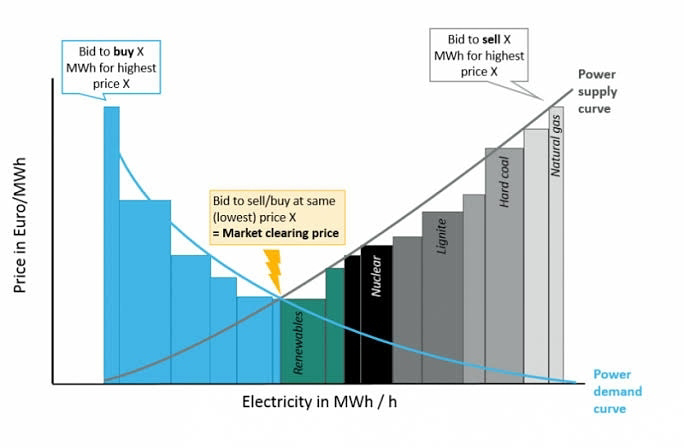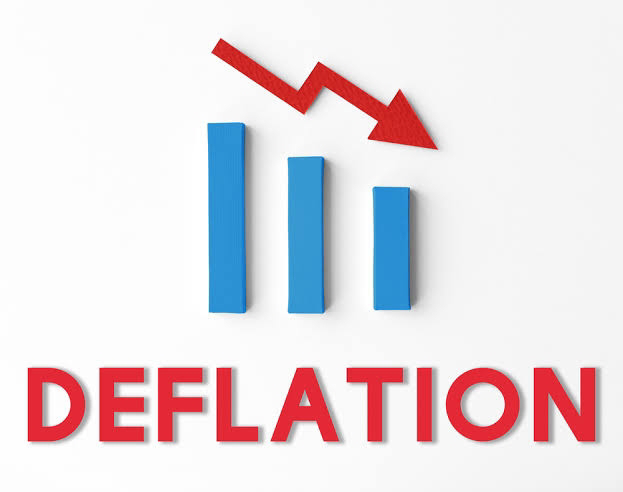CAN THE PRICE OF ELECTRICITY (POWER) BECOME NEGATIVE?

QUESTION CAN THE PRICE OF ELECTRICITY (POWER) BECOME NEGATIVE? YES IT CAN Electrical industry had had to regularly deal with negative pricing as the proliferation of renewable energy has grown. With wind and solar energy present, there is more and more energy. The market for electricity occasionally becomes oversupplied dipping prices into negative. Remember, as supply of electricity outweighs demand, price go negative, owners of traditional energy production plants (coal or gas plants) have to turn off production. In this case, price is a signal to owners that their energy isn't needed, leading to plant shutdown.


